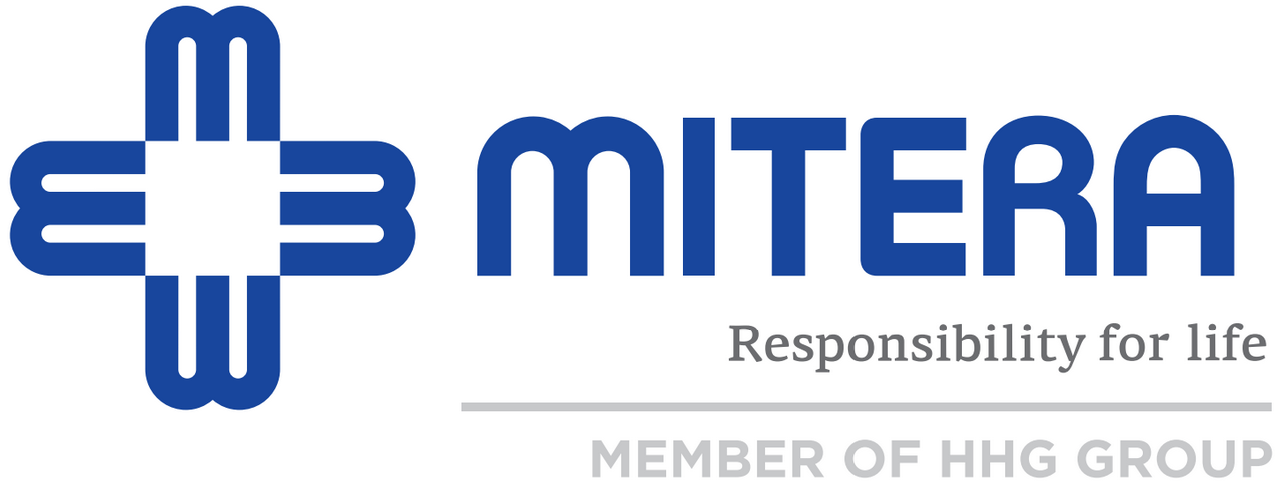Series of cases involving conversion of inoperable pancreatic cancer into operable published for the first time for Greece
Mr G. Tsiotos, Director of the MITERA Hospital 1st Surgery Department, in partnership with the HYGEIA Hospital 3rd & 4th Medical Oncology Departments and the MITERA Hospital Oncology Department, published for the first time for Greece a series of cases involving conversion of inoperable pancreatic cancer into operable, resulting in the survival rate in these patients increasing four-fold. The article appeared in the US Journal of Pancreatic Cancer. These procedures are being performed by the MITERA Hospital 1st Surgery Department since 2012, making HYGEIA Group a leader in pancreatic surgery in Greece.
The analysis of the first 24 patients (2012-2017) in whom inoperable cancer was converted into operable (with portal vein resection) proved that the survival of patients with good performance status almost quadrupled.
This study appeared in the US Journal of Pancreatic Cancer in October 2019. It is the first time a scientific article on this topic is published by a Greek team. This scientific article involving a statistically significant series of cases and appearing in a US journal, after having first been peer-reviewed by internationally acclaimed pancreatic surgery professors and the corresponding panels, demonstrates the innovative nature of the HYGEIA Group medical staff and departments, and constitutes irrefutable proof that the Group is a leader in this sector in Greece.
Mr G. Tsiotos, Director of the MITERA Hospital 1st Surgery Department said, “Pancreatic cancer is often inoperable due to infiltration (involvement) of the portal vein, which courses along the pancreas and is one of the most crucial veins in the body. In these cases, patient survival is limited. The only solution is resection of the infiltrated/involved part of this vein along with the tumor and replacement of the deficit with a graft. This converts an inoperable tumor into an operable one. Our team performed this exact procedure for the first time in Greece in 2012. Since then, we have performed more than 40. The entire scientific team is extremely proud that this series of cases was published in a renowned scientific journal, for the first time for Greece.”


